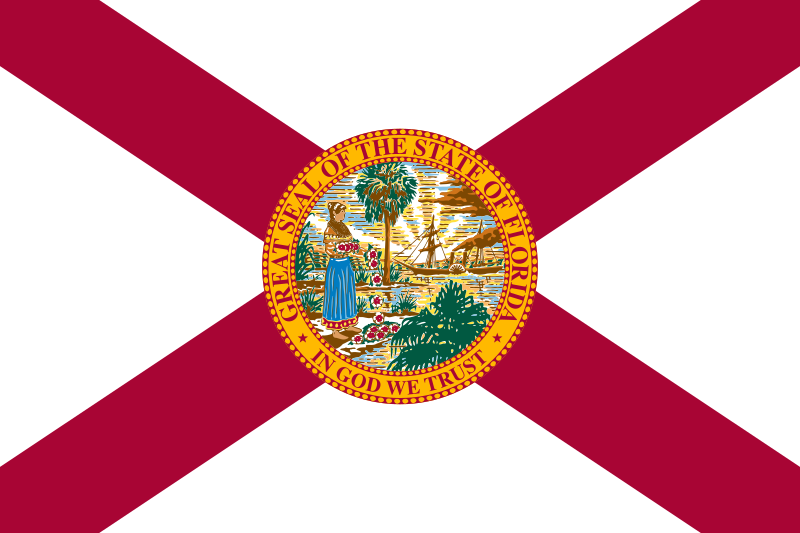On July 1, U.S. District Judge Allen Winsor issued a preliminary injunction blocking the enforcement of Florida Senate Bill 1890. SB 1890 was designed to set $3,000 limits on campaign contributions to committees in support of or opposition to ballot initiatives during signature gathering. The bill was designed to lift the contribution limits after a measure is put on the ballot. It would have taken effect on July 1 without the injunction.
Winsor wrote that the state “bears the burden of justifying restrictions on political expression by advancing at least ‘a significantly important interest’ that is ‘closely drawn to avoid unnecessary abridgment of associational freedoms.’ […] Binding decisions from the U.S. Supreme Court and the 5th Circuit (Court of Appeals) applied those principles and concluded that the First Amendment forbids limitations like those SB 1890 imposes.”
Florida House Speaker Chris Sprowls (R) responded to the ruling, “The citizen initiative system was designed to be a mechanism for grassroots expression not a shortcut for billionaires to bypass the political process. SB 1890 contained limited and narrowly tailored measures to protect the integrity of the signature-gathering process.”
The Senate passed the bill 23-17 on April 14. Twenty-three Republicans were in favor, and 16 Democrats and one Republican were opposed. The House passed it 75-40 on April 26. All 75 voting Republicans were in favor, and all 40 voting Democrats were opposed. Gov. Ron DeSantis (R) signed the bill on May 7.
On May 8, the ACLU of Florida along with three initiative petition campaigns filed the lawsuit seeking a preliminary injunction. The lawsuit cited previous rulings that overturned limitations on campaign contributions for ballot measure committees, including Citizens Against Rent Control v. City of Berkeley (1981), First National Bank of Boston v. Bellotti (1978), and Buckley v. Valeo (1976). The U.S. Supreme Court has ruled in previous cases that political contributions constitute freedom of speech and cannot be limited without a compelling state interest, such as to prevent corruption and bribery. The court has also ruled that “referenda are held on issues, not candidates for public office. The risk of corruption perceived in cases involving candidate elections simply is not present in a popular vote on a public issue.”
In Florida, initiative proponents must collect signatures equal to 8% of votes cast at the previous presidential election. The requirement to put an initiative on the 2022 ballot is 891,589 valid signatures. Florida also has a signature distribution requirement, which requires that signatures equaling at least 8% of the district-wide vote in the last presidential election be collected from at least half (14) of the state’s 27 congressional districts. Signatures remain valid until February 1 of even-numbered years and must be verified by February 1 of the targeted general election year.
In 2020, four initiatives qualified for the ballot in Florida. The petition drives to put those measures on the ballot cost an average of $6.7 million each, ranging from $4 million to $8.8 million. From 2016 through 2020, the average total cost of an initiative petition drive that successfully qualified an initiative for the ballot in Florida was $5.1 million. Nationwide, the average total cost of a successful initiative petition drive was $2.1 million in 2020. It was $1.2 million in 2018. In Florida, the petition drives that put the four initiatives that were on the ballot in 2020 were each funded by one donor or entities that were all associated.

Additional reading:


